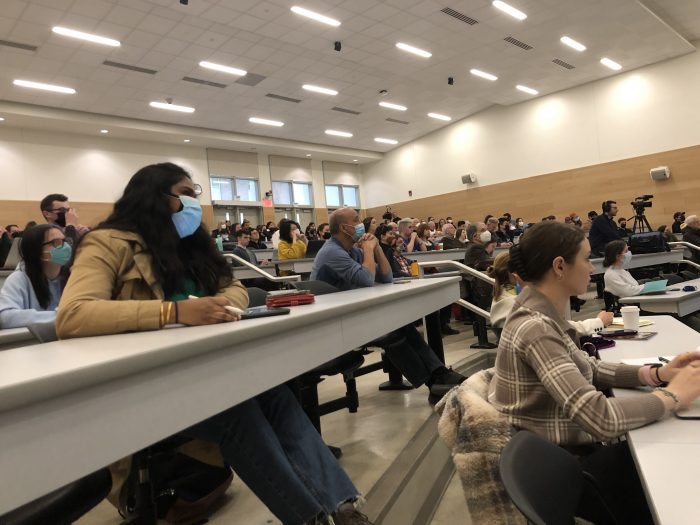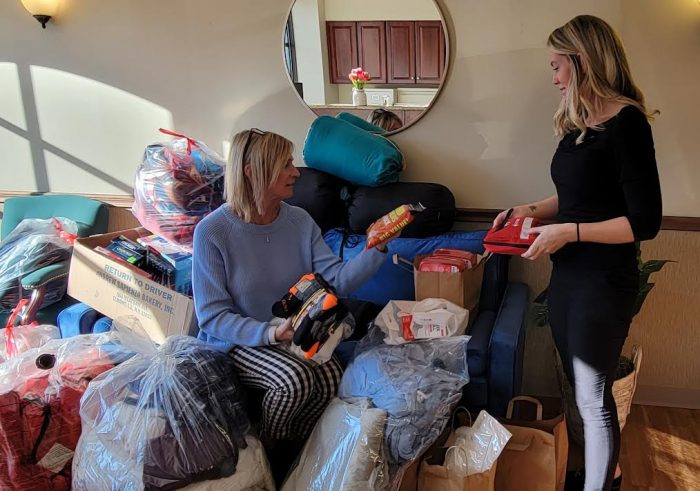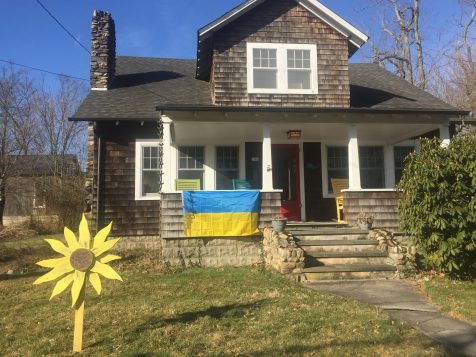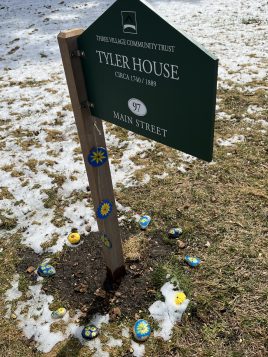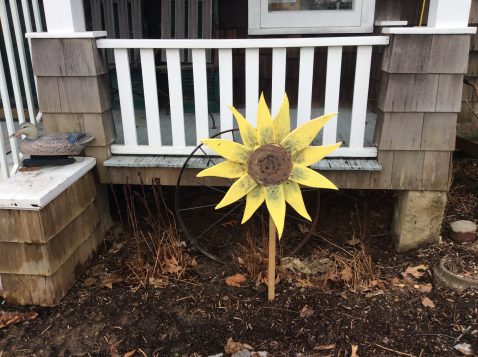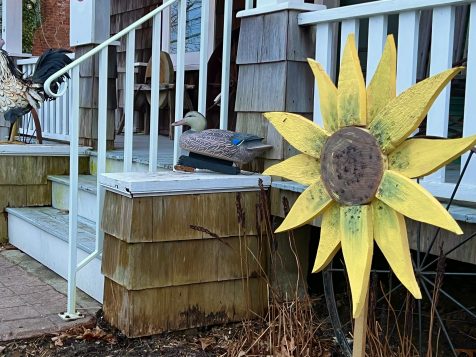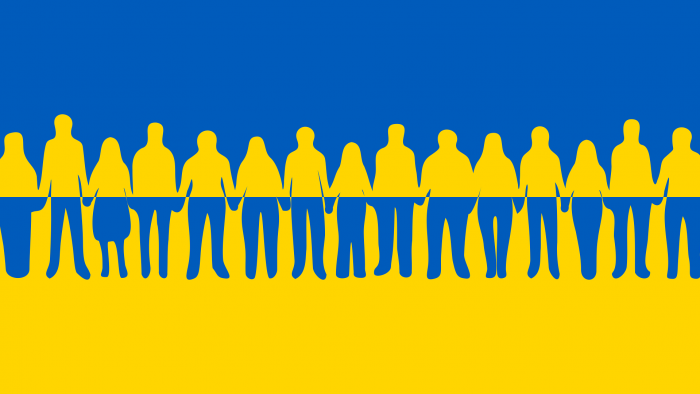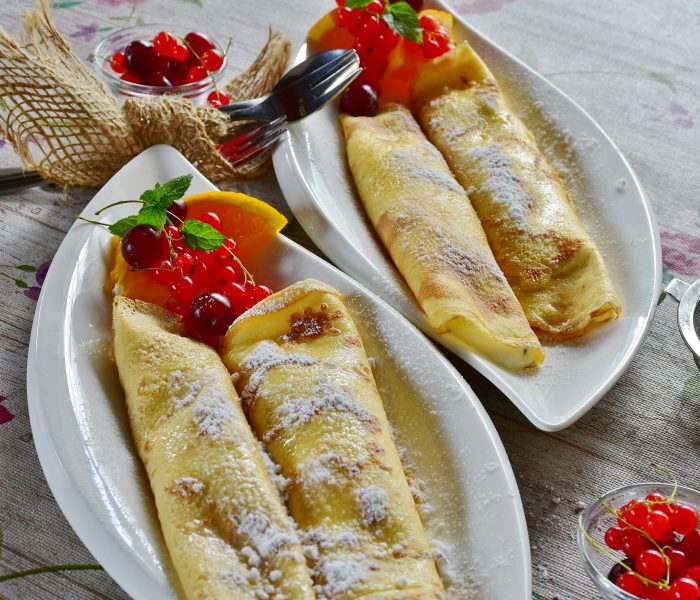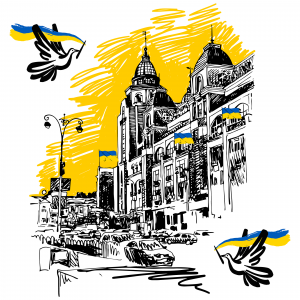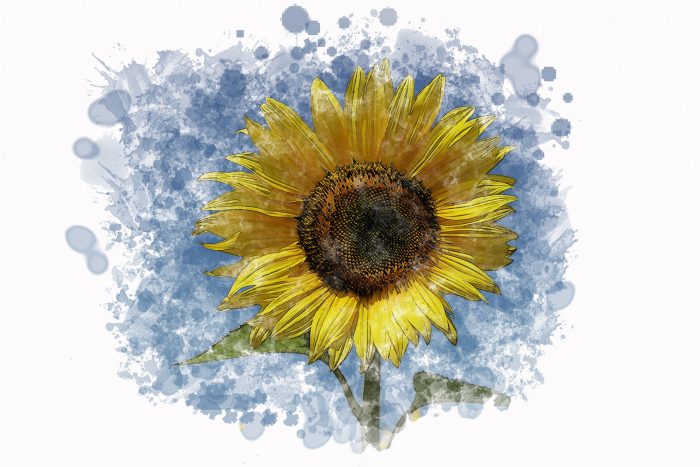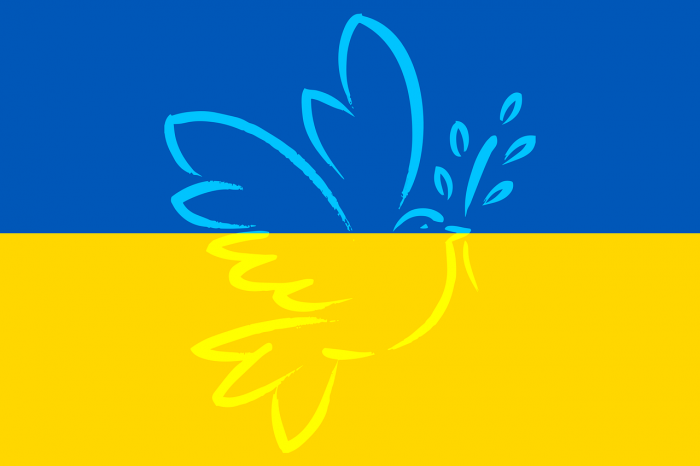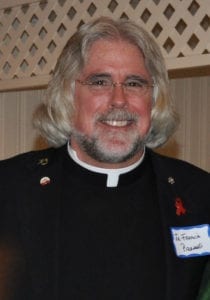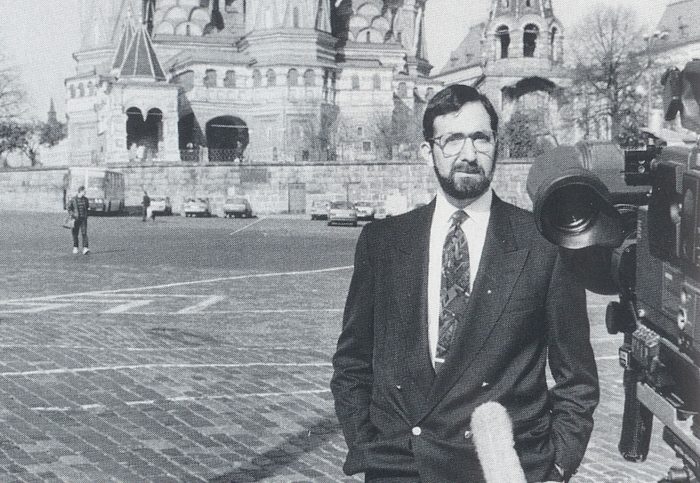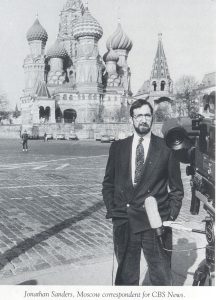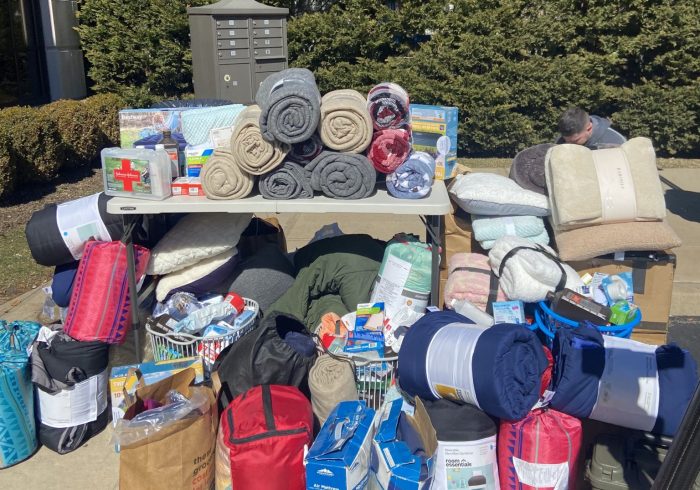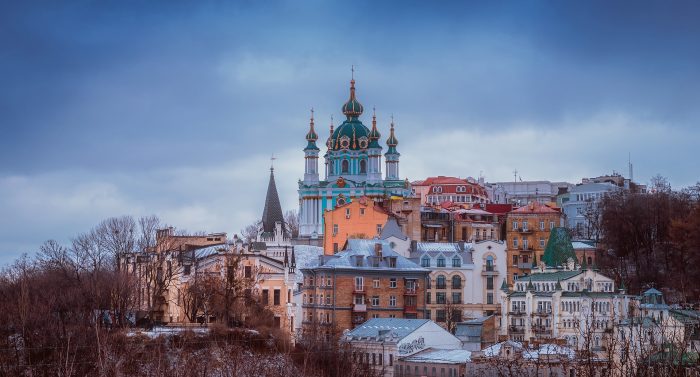During a teach-in at Stony Brook University March 23, a panel of professors gave their take on the invasion of Ukraine, including perspectives on the war, propaganda efforts and the impact on American public opinion.
Alexander Orlov
Orlov is a professor of Materials Science and Chemical Engineering. He is an expert on the parliament of the European Union and the government of the United Kingdom. According to him, who has many relatives still in Ukraine, a dangerous propaganda campaign has been waged by the Kremlin.
“There is one very hurtful part of the propaganda,” Orlov said. “Russians call Ukrainians Nazis. This is so offensive to the memory of the 7 million Ukrainians who died during World War II.”
According to Orlov, this is not the first time in Ukrainian history that Russians have bombarded Ukrainian territory. He also said Ukrainians are a freedom-loving people.
We live in a highly partisan, polarized context.
— Leonie Huddy
“I talked to my mom yesterday and asked her about her biggest fear,” he said. “She told me that the biggest fear she has is to be forgotten by the West because, at some point, you might get tired of the images of human suffering and stop paying attention.” Orlov added, “Ukrainians are like you. They want freedom and free enterprise, and they want to dream. Many of the Ukrainians that are fighting right now are the age of Stony Brook students and they’ve never held a rifle before in their lives.”
Leonie Huddy
Huddy, distinguished professor and chair of the Department of Political Science, addressed the impact of the Ukrainian invasion on American public opinion.
“There’s a very common effect in foreign policy attitudes when the U.S. engages in war, when it sends troops to other countries, and it’s called the rally effect,” Huddy said. “There hasn’t been any rally effect by any stretch of the imagination.”
According to her, Americans are so divided and the political culture is so partisan that Americans cannot even agree on the proper foreign policy approach to the war in Ukraine.
“We live in a highly partisan, polarized context,” she said. “I don’t think you can get much worse than this. Things are looking pretty bad in terms of just how divided we are.”
Huddy believes that the looming midterm elections will have a pronounced impact on how Americans address the war in Ukraine.
“One of the reasons for this is that we have congressional elections approaching,” she said. “I think the Republican Party is thinking there’s a potential for success so it’s very important not to give an inch to the Democrats right now. We have the heels dug in.”
John Frederick Bailyn
Bailyn is professor in the Linguistics Department and co-director of Virtual NYI Global Institute. According to him, the invasion of Ukraine prompted a massive effort by the Russian government to repress domestic opposition.
“February 24, 2022, was a day that has changed the course of Ukraine and also Russia forever,” Bailyn said. “Anything ‘fake’ about the war, which is entirely up to [the Kremlin], is punishable by up to 15 years in jail.”
According to Bailyn, there are plenty of Russians who support the invasion of Ukraine, but there is also a large exodus of people leaving the country.
“People have been leaving in droves,” he said. “People are all having to decide if they should leave everything they know — their entire lives. Many people are deciding to do that because this is just far beyond anything that they have seen before.”
Jonathan SandersVladimir Putin grew up in postwar Leningrad, a city that had survived almost 900 days of siege.
— Jonathan Sanders
Sanders is associate professor in the School of Communication and Journalism and a former Moscow correspondent for CBS News. He has met the Russian president personally and described in vivid detail the psychology of the man coordinating the invasion effort.
“Vladimir Putin grew up in postwar Leningrad, a city that had survived almost 900 days of siege, a city in which his baby brother had died, a city in which rats were eating corpses and people were eating corpses,” Sanders said. “He was an individualist, an alienated, bad kid. He played with rats,” adding, “The rat is probably the best metaphor for him — not the nice little white rats that we see in the psychology labs, but really mean, vicious little rats, whose predecessors survived the second world war by eating people.”
Sanders said that the rebellious streak in Putin dates back to early childhood. According to the professor, it was highly unusual for Putin to reject the politics of his father but he did so as an act of individualism and revolt.
“Mr. Putin was an individualist,” Sanders said. “His father was a true believing Communist and young Vladimir did not join the Young Communist League, something extremely unusual.” Sanders added, “He was a hooligan, a street kid.”

